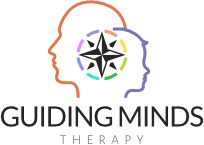What is Therapeutic Play?
Therapeutic Play Practitioners use a variety of play and creative arts techniques to help individual children with mild to moderate social, emotional and behavioural difficulties.
Most very young children struggle to verbalise their feelings using everyday language, so for many talking therapies may not be appropriate. A play practitioner uses play and art as a way of ‘speaking the child’s language’.
Therapeutic play allows young children to direct sessions and express themselves in a creative way. They can select the parts of the play kit that feel most appealing to them and they will use materials with support in order to work through difficult feelings. As a practitioner, we observe the child and may reflect back what they are doing to help form a meaningful and trusting relationship.
Evidence suggests that most children who attend therapeutic play will benefit from the sessions; data from PTUK shows that between 70-88% of children will show a positive change.
Play sessions are usually delivered every week and they last for 40 minutes. The average number of sessions per child is 15 but can be from 6 upwards.


